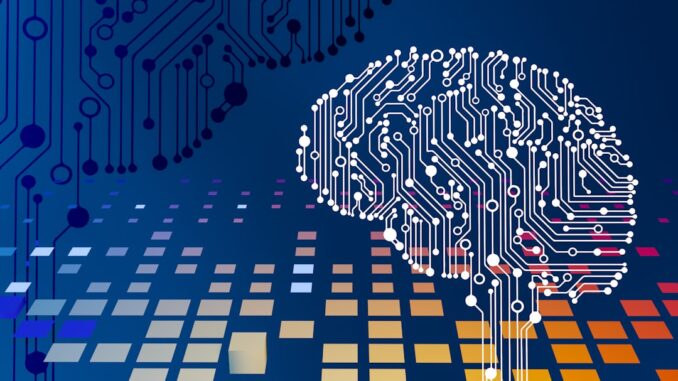
Summary
Generative AI is revolutionizing healthcare by acting as a highly efficient virtual assistant. From answering patient questions to accelerating drug discovery, its applications are vast and transformative. This technology offers enhanced personalization, streamlined processes, and improved decision-making, ultimately leading to better patient care and outcomes.
Start with a free consultation to discover how TrueNAS can transform your healthcare data management.
Main Story
Generative AI is making waves in medicine, acting like a super-efficient assistant in all sorts of areas. It’s not just crunching numbers; it’s actually creating new stuff, which is pretty different from what AI used to do. It can understand tricky medical questions, whip up realistic-looking medical images, and even speed up the hunt for new drugs. So, yeah, it’s potentially changing how we do things when it comes to patient care, research, and how hospitals run generally.
Better Patient Care:
One of the coolest things about generative AI is how it could improve the patient experience. Picture this: a virtual assistant that can answer patient questions, you know, giving clear and concise information about preventative care. It could explain complicated medical stuff in a way that’s easy to understand, and even suggest personalized health tips. Think about it – that kind of tailored approach could help patients feel more in control and make better choices about their health. Plus, it can offer continuous support and keep an eye on things. I once saw a demo where a program was used to monitor patients with diabetes and it caught changes in blood sugar that the patient had missed. That’s the power of AI.
Faster Drug Development:
But that’s not all! Generative AI is also speeding things up in the drug discovery world. Because it can cook up and tweak molecular structures to find the right stuff for new drugs. As a result, that can really speed things up. And not only will it save time and money, but it also opens the door to developing innovative treatments for all sorts of diseases. Crucially, this is helpful when we don’t have a ton of real-world patient data, where making synthetic data can help improve the accuracy of machine-learning models. Now, I’m no scientist, but even I can see how groundbreaking that is!
Easier Medical Processes:
It can also automate tasks and make processes more streamlined, and that offers huge potential for making healthcare more efficient. You know, things like scheduling appointments, managing records, spitting out reports, and helping with admin tasks. With generative AI handling all of this, healthcare pros are able to focus on what truly matters: taking care of patients. The system is not only cost effective but also improves the quality of healthcare services. It’s a win-win.
Revolutionizing Medical Imaging:
Generative AI is also shaking things up in medical imaging by creating synthetic medical images and improving the ones we already have. This can be super handy when it’s tough to get real patient data, because it can whip up training samples and validate machine-learning models. By doing so, this improves how accurate diagnoses are and makes treatment planning more effective.
The Downsides and Ethical Questions:
However, while generative AI has the potential to be a game-changer in healthcare, we also have to think about the ethical stuff and potential challenges. Data privacy and security have to be top priorities. And we need to make sure the info generated by AI is accurate and reliable, obviously. Just like with any new tech, we’ve got to keep researching and developing it to refine its applications and avoid potential problems. Is it a perfect technology? No. Can it do amazing things? Absolutely.
Even though it’s still pretty new, as of February 15, 2025, generative AI is poised to play a big role in shaping the future of healthcare. From personalized patient care to amazing drug breakthroughs, it’s likely to change how we think about health and well-being. Without a doubt, the future of healthcare is tangled up with the continued development and responsible use of this powerful technology. It’s going to be interesting to see how things play out.


Given the potential for AI to personalize healthcare, how might we ensure equitable access to these advanced technologies across different socioeconomic groups and geographic locations?